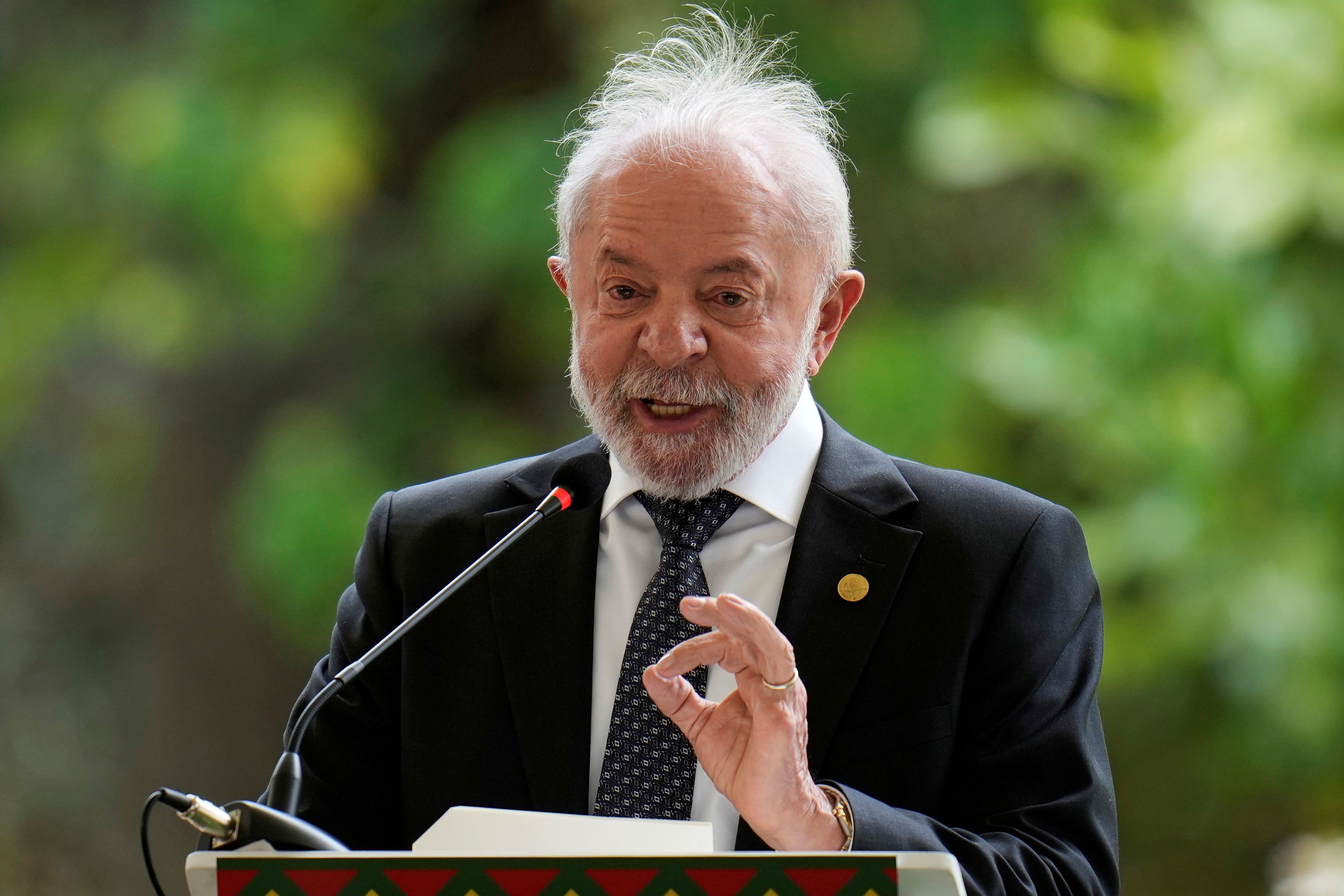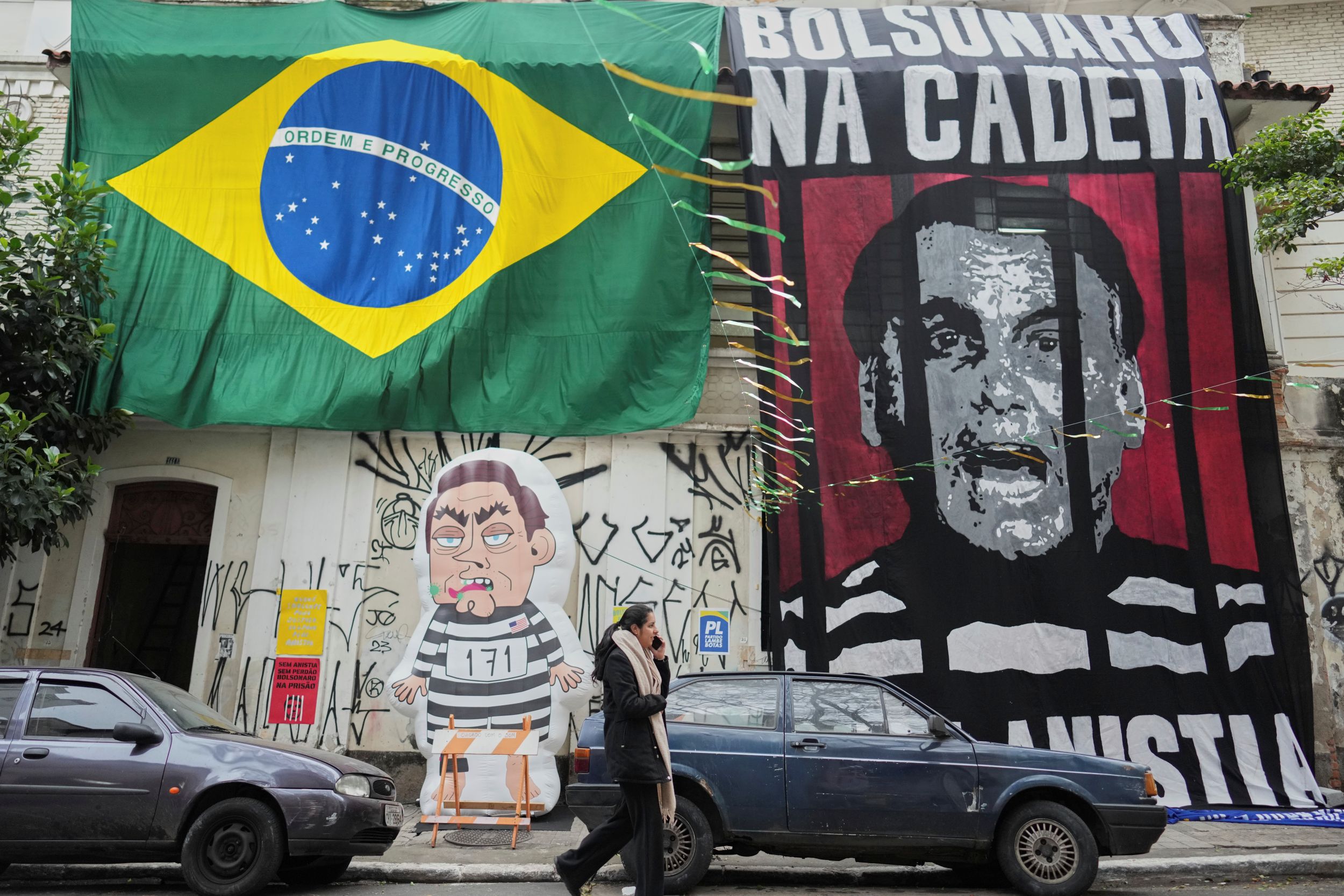
SAO PAULO – Brazilian President Luiz Inacio Lula da Silva on Friday rejected US pressure over the conviction of former President Jair Bolsonaro, saying Brazil "is not a banana republic" that bows to foreign interference.
In an interview with Bandeirantes TV, Lula dismissed threats of new sanctions from US President Donald Trump and Secretary of State Marco Rubio after Brazil's Supreme Federal Court sentenced Bolsonaro to more than 27 years in prison for attempting a coup in 2022.
"I do not fear sanctions. The accusations against Brazil are false, and President Trump knows it," said the Brazilian leader.
READ MORE: Brazilian president rebukes Trump for 'meddling' in internal affairs
"The president of one country cannot interfere in the decisions of another sovereign nation. The United States must understand it is not dealing with a banana republic."
Lula also brushed aside comments by White House spokesperson Karoline Leavitt, who warned Washington could use "military means" to defend free expression abroad, calling them unworthy of a direct response.
After Thursday's ruling, Trump told reporters he was "surprised" by the outcome and compared Bolsonaro's trial to his own legal troubles in his country.
Washington announced recently it would revoke visas for Brazilian justices and imposed Magnitsky sanctions on Justice Alexandre de Moraes, who led Bolsonaro's trial.
ALSO READ: Brazil not to bow down to US, says Lula
Trump also cited the case as justification for slapping a 50 percent tariff on Brazilian exports.

Bolsonaro mulls further appeal
The defense team of Bolsonaro announced on Thursday that it intends to file further appeals against the ruling sentencing him to 27 years and three months in prison.
The announcement followed a decision by four of five Supreme Federal Court justices to convict the former president of attempting a coup.
READ MORE: Brazil's president says Bolsonaro entitled to fair trial for attempted coup
In a statement, attorneys Celso Vilardi and Paulo Amador da Cunha Bueno said they will pursue "all possible appeals, including internationally."
The attorneys argued the case should have been tried by a lower court or by the full Supreme Federal Court, not its First Panel. They also criticized the limited time allotted to review the evidence.


